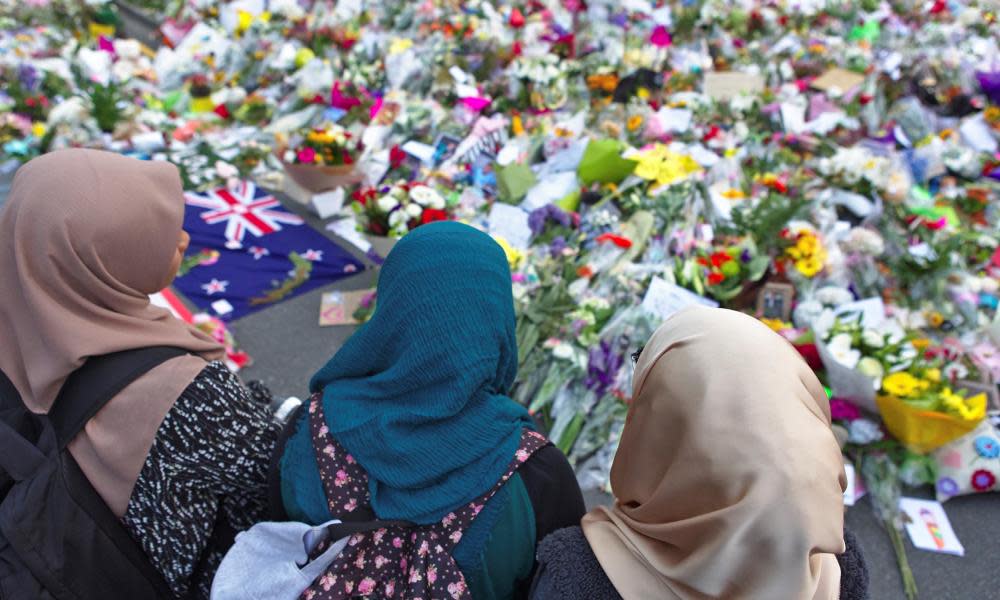VOTE: Should we bury the names of mass murderers?

New Zealand’s Prime Minister Jacinda Ardern has personally taken a stand against the man accused of opening fire on two mosques in Christchurch last week and killing 50 Muslim worshippers.
In the New Zealand Parliament on March 18, Ardern vowed not to say the man’s name, and urged others to follow suit.
“You will never hear me mention his name,” Ardern said.
“He is a terrorist, he is a criminal, he is an extremist, but he will, when I speak, be nameless, and to others I implore you: Speak the names of those who were lost rather than the name of the man who took them. He may have sought notoriety but we in New Zealand will give him nothing — not even his name.”
The man made a point of drawing attention to his alleged crimes. He wrote online about the attacks before carrying them out, and even live streamed part of the rampage.
He was arrested and placed in custody following the shootings.
And now, between Ardern’s refusal to say his name and a publication ban on details about him, he has been rendered silent and small.
While Ardern has drawn international praise for the decision, she is not the first person to advocate for starving murderers of attention.
When a gunman killed 26 people in a Texas church in 2017, CNN’s Anderson Cooper purposely withheld the man’s name.
“We don’t say the killer’s name,” he said.
Experts have warned media for years not to repeat the names of mass murderers, citing the media contagion effect whereby a suspect’s infamy following an attack inspires copycats.
A study by Western New Mexico University in 2016 pointed out that most shooters are driven to emulate past shooters by a desire for fame. The study, which looked at FBI data and the findings of other similar studies, said nearly all rampage shooters are white men seeking power and dominance.
Therefore, giving a shooter as little media coverage as possible denies him the reward he seeks and, theoretically, creates a smaller incentive for future shooters. It also shifts attention away from the aggressor and onto the victim or victims.
Other experts have claimed that telling media to withhold the names of gunmen oversimplifies the complex subject of mass shootings and the factors that precipitate them.
The Poynter Institute, a Florida-based journalism think tank, argued in 2015 that aside from making a scapegoat out of reporters for supposedly glorifying violent crimes, to withhold information about a mass murderer can potentially have the following effects:
It can make it harder to identify trends, like the fact that most mass murderers are young white males.
It can lead to misinformation about the shooter in the public, like when journalist Ryan Lanza was initially named as the suspect in the Sandy Hook shooting when it was actually his brother, Adam Lanza.
It can make it hard for media to add context to the story that might have come from researching the suspect’s background and past acts of violence.
So what should media in Canada do in light of the Christchurch attack? Repeat the accused shooter’s name or refuse to publish it?
Let us know by voting in our poll above, or have your say in the comments below.


